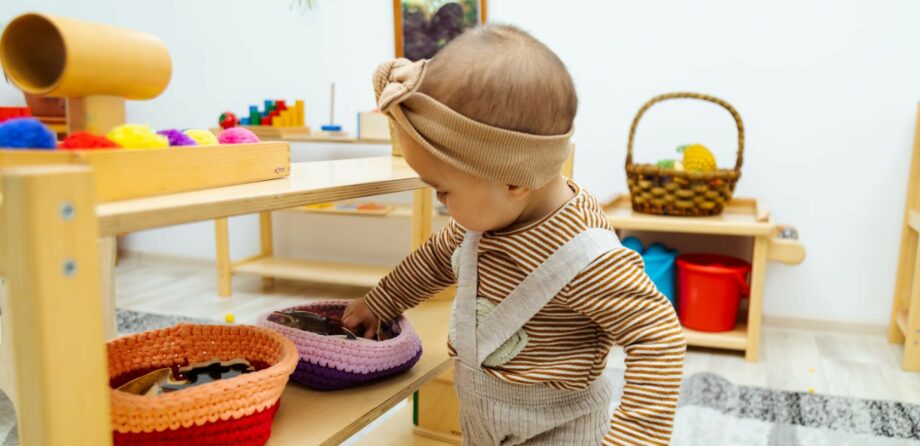
Intent, implementation and impact in the EYFS
An Ofsted inspection can be a worrying time even for the best of practitioners.
The Ofsted Education Inspection Framework places a strong emphasis on the curriculum and uses more education-based words that you may initially find difficult.
Liz Elsom – a member of NDNA’s Policy Advisory Board – has some tips to help you gain more confidence in describing what you do regarding intent, implementation and impact in the EYFS.
What is the early years curriculum?
Your early years curriculum is defined by the Early Years Foundation Stage (EYFS) which sets out the seven areas of learning and what children should be able to do by the end of the Early Years Foundation Stage (the early learning goals).
It also gives some advice on how to shape what you do, for example, the Characteristics of Effective Learning, learning through play and so on. But how you help children to learn and develop towards those goals is a matter for each and every setting to decide.
The EYFS framework focuses on ‘Quality of Education’ and judgements based on your practice of ‘Intent’, ‘Implementation’ and ‘Impact’.
What is ‘Intent’?
As part of the early years curriculum, you may follow a particular educational approach like Montessori or adopt particular ways of working such as planning in the moment. Or you may offer a balance of child-initiated and adult-led learning using continuous play and small group activities.
Whatever your setting chooses to be your way of working, will be acceptable as long as you can show it is helping children make progress across the seven areas of learning and is play-based.
Ofsted uses the term ‘Intent’ to describe your setting’s agreed way of working: it’s about how your setting intends for children to develop and learn.
What if I’m asked about ‘Implementation’?
Implementation is simply about what you do every day to help your children make progress.
It’s about the resources you make available, the way you interact with children and the opportunities you provide. Ofsted calls this ‘teaching’. You may not see yourself as a teacher but there is nothing to worry about in this term. Ofsted itself sets out what it means by teaching in the early years in its framework and it’s worth having a look to reassure yourself. You can find it here (in part 2).
How would I show ‘Impact’?
Impact is about how you know that what you do is making a difference.
You can show the impact of what you do through your observations and assessments for each child and by being able to describe to inspectors how well you know your children; their likes and areas where they show less interest.
Try and show through observations what children are learning and the difference that adults make in their interventions to move learning on.
Top tips
- Use staff meetings to help everyone understand your setting’s ethos and how to describe this
- Look at the Ofsted framework and the words it uses – make sure staff understand and are familiar with all of these, so they are not put off if an inspector asks a question
- Audit your setting against the grade descriptors in the Ofsted inspection handbook. This will help you understand what – if anything – you have to do to maintain your current inspection grade
- Concentrate on quality rather than quantity when observing and assessing children. Ofsted has said it wants to see less paperwork – if it’s not telling you or colleagues anything new, then think about whether it is necessary and make sure that what you have is the best it can be.
More support
Our online course, ‘Intent, Implementation and Impact’ will help you assess your practice against these terms.
It includes an audit tool to help you consider how well you are doing against Ofsted criteria.
Liz Elsom is an early years consultant who was previously the early years policy lead in Ofsted. Liz is also a member of NDNA’s Policy Advisory Board.
Similar Articles
Family voices, stronger nurseries: Tips for parent surveys

Summer sensory exploration: What’s in the box?


